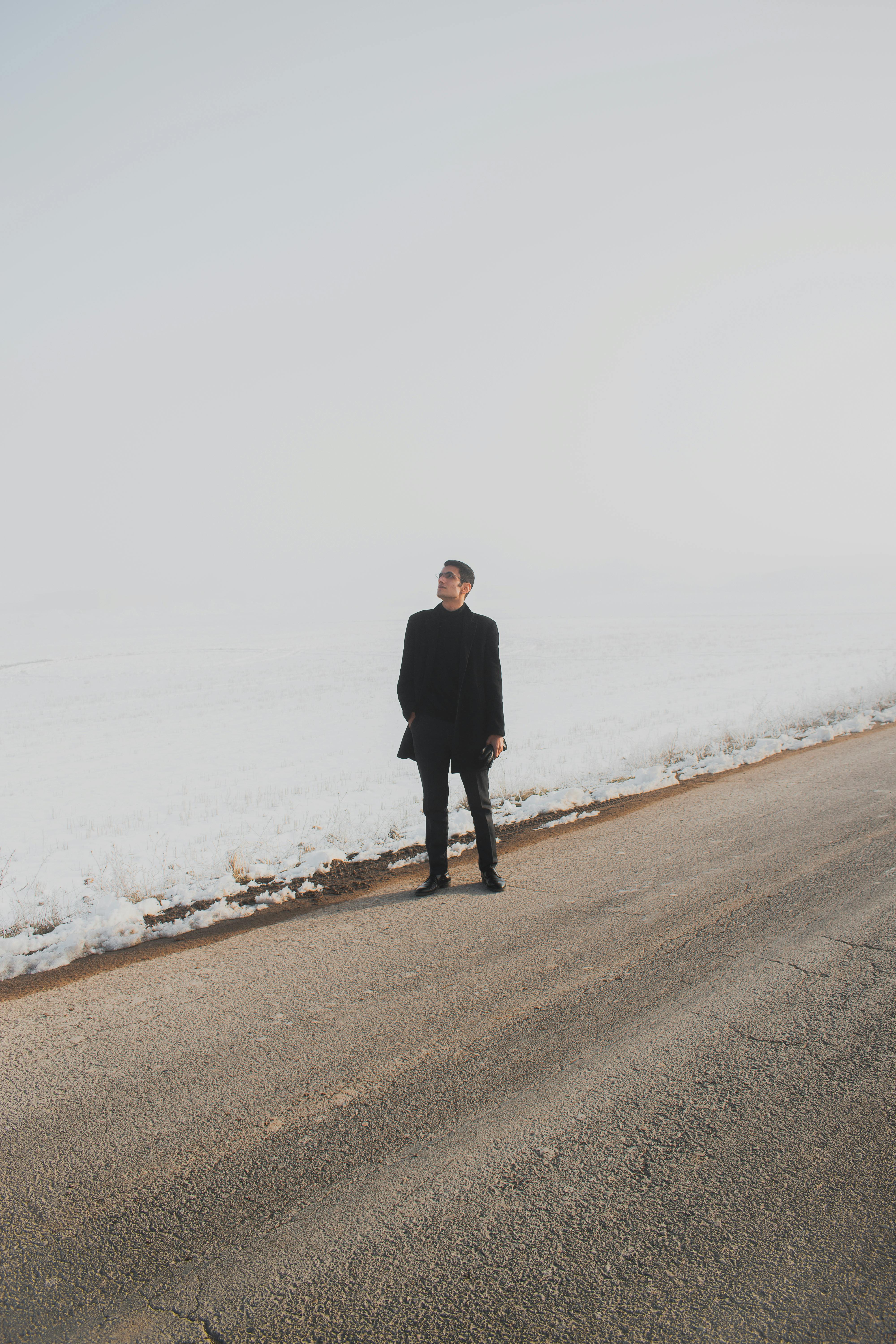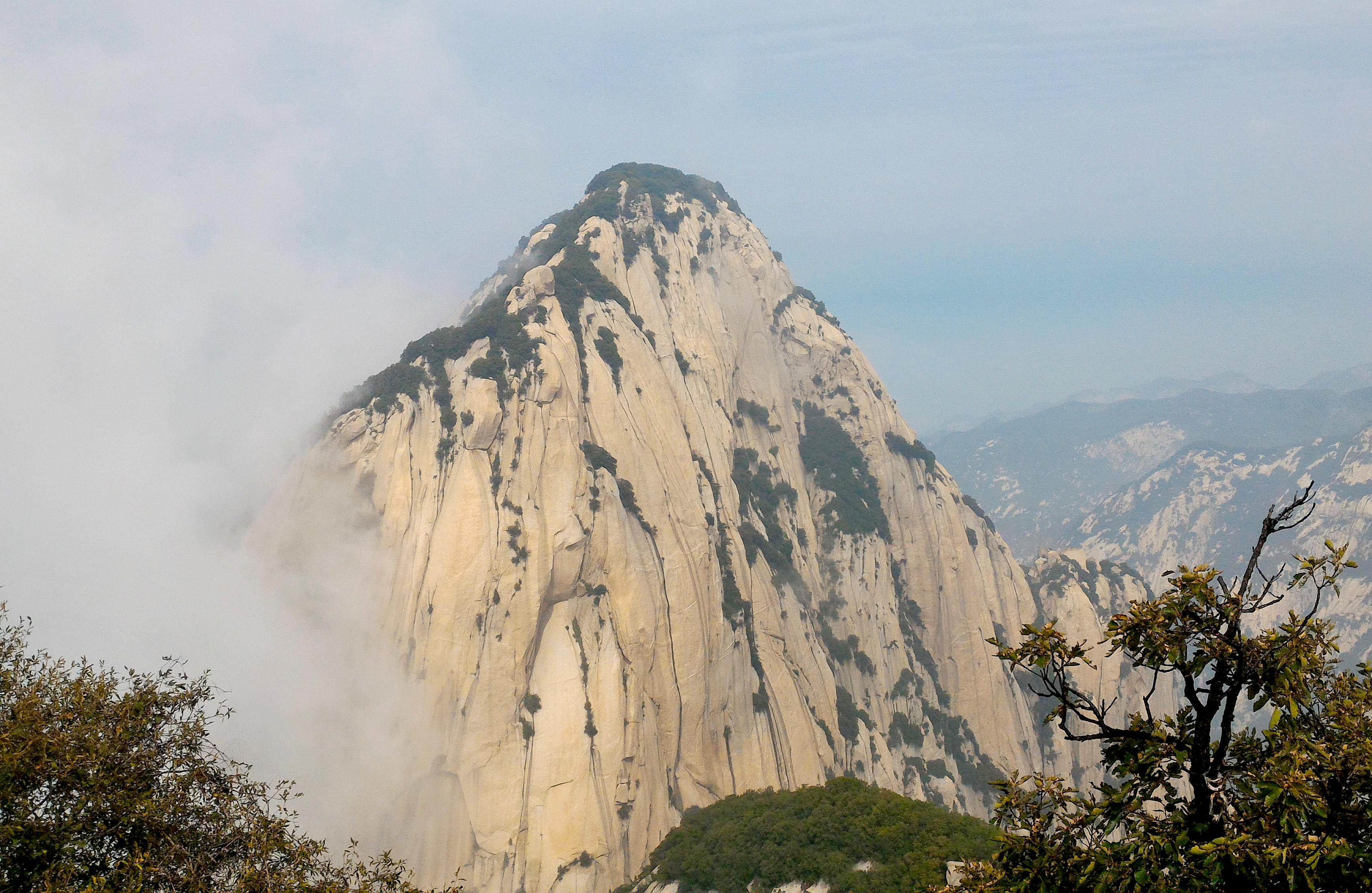
Their mutual desires to live and die depend solely on one another.Īnother theme that emerges at the start of the novel is that of frames, or skeletal shapes. The man sees his son as the only remaining sign of God's existence without his son, the man has no hope for the future. Throughout the novel there is a strong focus on the bond between father and son. This danger is evidenced by the care they take in keeping their cart hidden on the side of the road, and the rearview mirror they have attached to the handle to see if anyone is approaching them from behind, and their constant states of lookout for signs of smoke or fire. The landscape is ravaged, little life survives, little hope remains, and danger is ever present as the man and boy make their way south along the road. The man believes this was the perfect day from his childhood.įrom the start, McCarthy establishes that the man and boy exist in a future where the world as we know it has been destroyed. They dragged a stump across the water's surface and didn't speak a word the entire afternoon or evening. The man recalls a day from his boyhood, spent with his uncle on a lake in a rowboat. The man tells the boy that he should be careful about what he looks at and what he puts in his head, because once those memories are there, they won't go away, especially the bad memories. There are no signs of life here, just burned buildings, cars covered in dust, and a dried corpse in a doorway. The next day, they descend into the city. They crest over a hill and look down upon roadways and a burned house, billboards that now mean nothing. He is able to decant a bit of oil for their lamp before they leave and continue their walk south. He finds a phone and dials the number of his father's house, just as he'd done in his earlier life, but there's no phone service anymore. Each of them carries a knapsack that holds their essential things should they have to abandon the cart and make a run for it.Īt a gas station, the man finds very little. Then, they return to the road, pushing a cart loaded with their supplies and belongings. He reassures the boy that he is there, that he hasn't left him alone. He returns to the boy and readies the tarp for breakfast, setting the pistol on the cloth in front of him.

He and the boy are moving south where the man hopes the winters will be easier to survive. He thinks it is October, but hasn't kept a calendar for years, indicating that the world has been in this desolate state for an extended period of time.


At the first sign of light, the man leaves the boy to study the land around them.


 0 kommentar(er)
0 kommentar(er)
